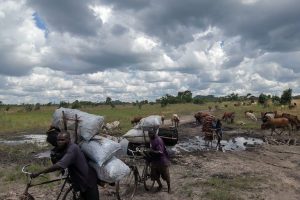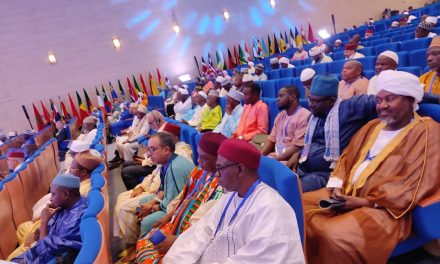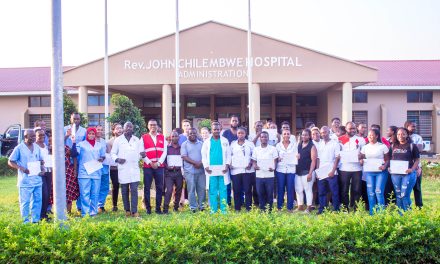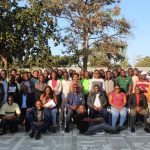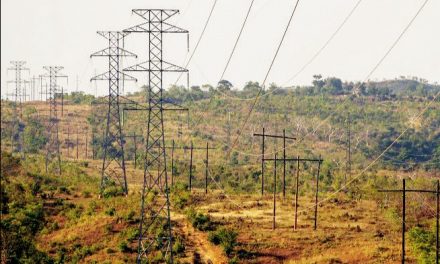
CSO’s Endorse Forestry Amendment Act
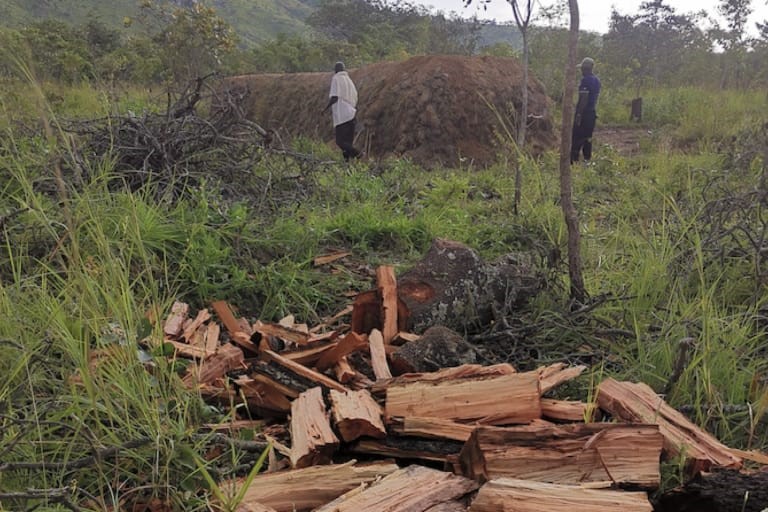
Environmental and natural resource civil society organizations have endorsed the 2020 Forestry Amendment Bill, claiming that the 1997 Forestry Act was too punitive to effectively support regulations and enforcement efforts by government agencies and local communities.
The new Act introduces a number of new opportunities, including better regulation of charcoal and
increased transparency and accountability in the forestry sector.
The amended new law also gives offenders who cut down trees for making charcoal in protected areas the option of paying increased fines ranging from 100 thousand Kwacha to 10 million Kwacha.
Briefing journalists in Blantyre on July 12, 2022, Center for Environmental Policy and Advocacy (CEPA) Executive
Director, Heba Mwangomo stated that deforestation is a major threat to environment and that people should use renewable energy resources to replace the use of charcoal, especially in urban areas where the use of charcoal is so
pervasive.
According to Mwangomo, contrary to what is reported in some of the media outlets, government has not outlawed
the usage of charcoal.
“It is not true that government has banned the use of charcoal, however charcoal is an illegal forest commodity when it’s produced without license,” he stated.
Mwangomo has urged city residents to embrace alternative sources of energy such as electricity, liquid petroleum
gas, biogas among others.
He has also implored government to eliminate or reduce taxes and levies on new alternative sources of energy to
make them affordable.
“We have asked government to quickly convene a meeting where solutions will be made to ensure that alternative
sources of energy be affordable and available to many households across the country,” he explained.
He added that efforts are being made to educate law enforcement officers nationwide on the need to stop engaging
in corruption. Since then, he has asked local communities to inform authorities of any incidents of corruption they
observe.
In a separate interview, one of the charcoal sellers at Zingwangwa market in Blantyre expressed his fury at government’s decision and called it cruelty and inconsiderate.
“This is unfair. We rely on this business to fend for our families, obviously for us to gain a license it might be costly,” he complained.
He further said that instead government should engage all charcoal sellers and see how it can help with various
alternative business activities, while also acknowledging that burning of charcoal and cutting down trees pose a
threat to climate change.
At the launch of the 2021/2022 tree planting season, President Lazarus Chakwera called for concerted efforts to
plant and protect trees in the country.
